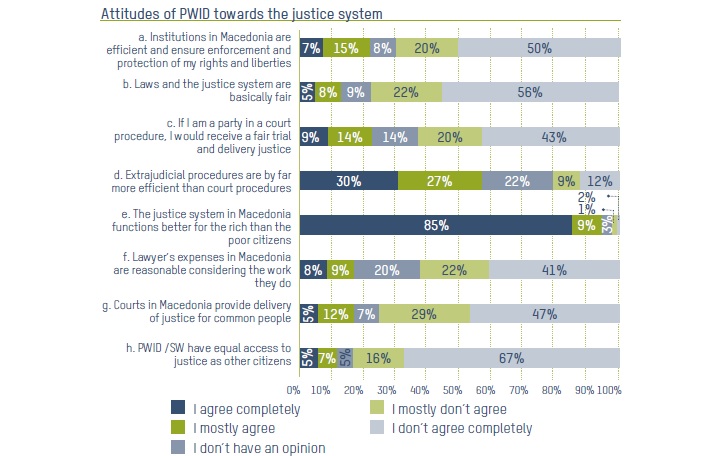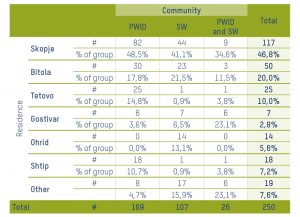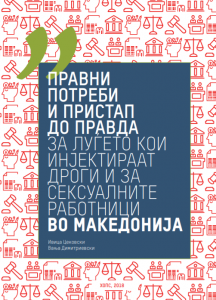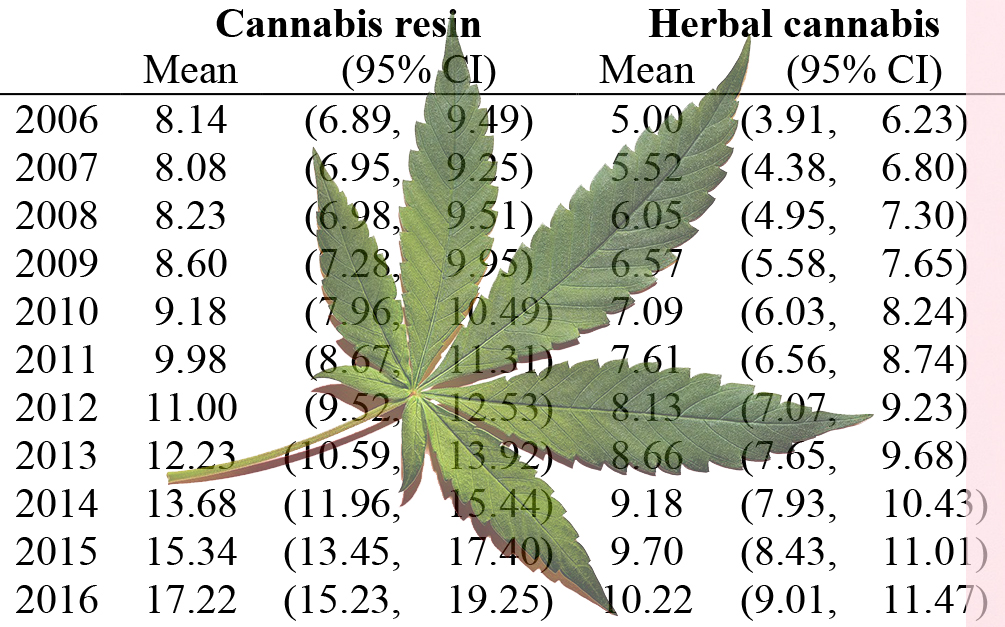On 26 May, our member organisation Re Generacija organized the Closing Event of the project “LEt’s Talk about drugs – new MEthods of communication with youth” (LET ME) at the Palace of Serbia, in Belgrade.
The event was attended by representatives of the Office for Combating Drugs of the Government of the Republic of Serbia, representatives of ministries, civil society organizations, young people directly affected by drug education and policies and high school teachers.
The aim of the project was to support youth workers, educators (peer educators), street workers, harm reduction specialists working directly with youth who can potentially start using drugs or already use them with the innovative approaches and methods on drug education. The main target group of the project were youth workers, youth educators, peer educators and outreach workers who will be able to influence the young people who use drugs, directly within the outputs of the project.
According to the data of the research in which 124 young people participated in Serbia, they most often have a lecture on drugs at school (85.8%) in the form of a one-time formal lecture (83%), which was mostly focused on the effects and risks of use (89.36%) as well as drug treatment (43.62%). As many as 78% of the respondents who participated in this research believe that drug education should be conducted by specialised drug counselors, psychologists, youth workers, peer consultants and health experts. Respondents assessed the acquired formal education on drugs as unsatisfactory. They stated that they mostly turn to the Internet, friends and the media in search of information.

During the final event, the activities and results of the project, research results, as well as the Manual on “How to communicate with young people about drugs” were presented. The guide is divided into three modules, and is a comprehensive resource for all who work with young people. The first module is dedicated to basic concepts and policies towards drugs, harm reduction and prevention; while the second contains information on peer work, theoretical frameworks but also program planning as well as skills that educators need to develop. The third module is fully dedicated to the ways in which young people could be informed about the risks of drug use through the production of short and interesting video content and offered the necessary information in an easier and more understandable way.
The manuals in English and in the languages of the partner organizations can be found on the project website.

In addition to these project results, the film “Teach Me“, made during the project, was presented. Young people participated in preparing the film.

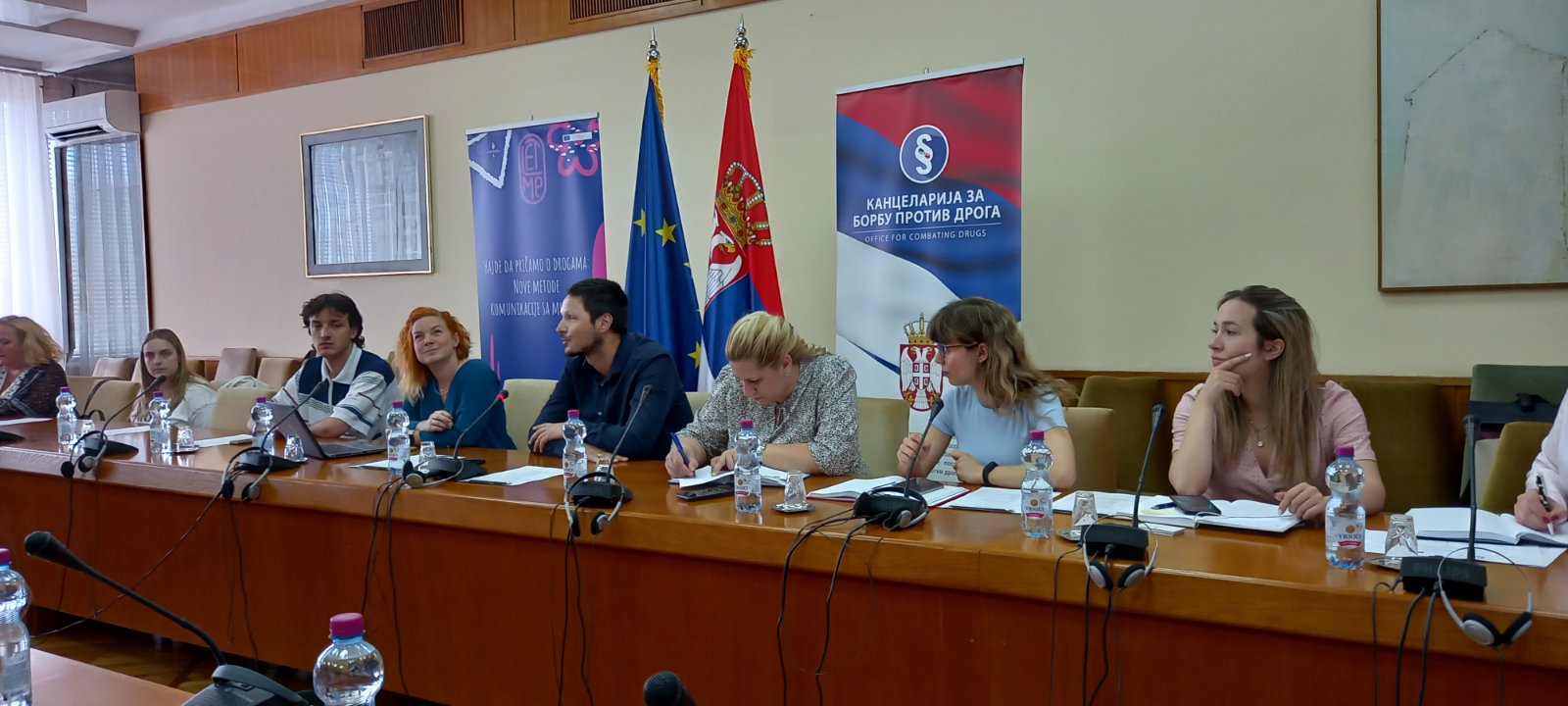
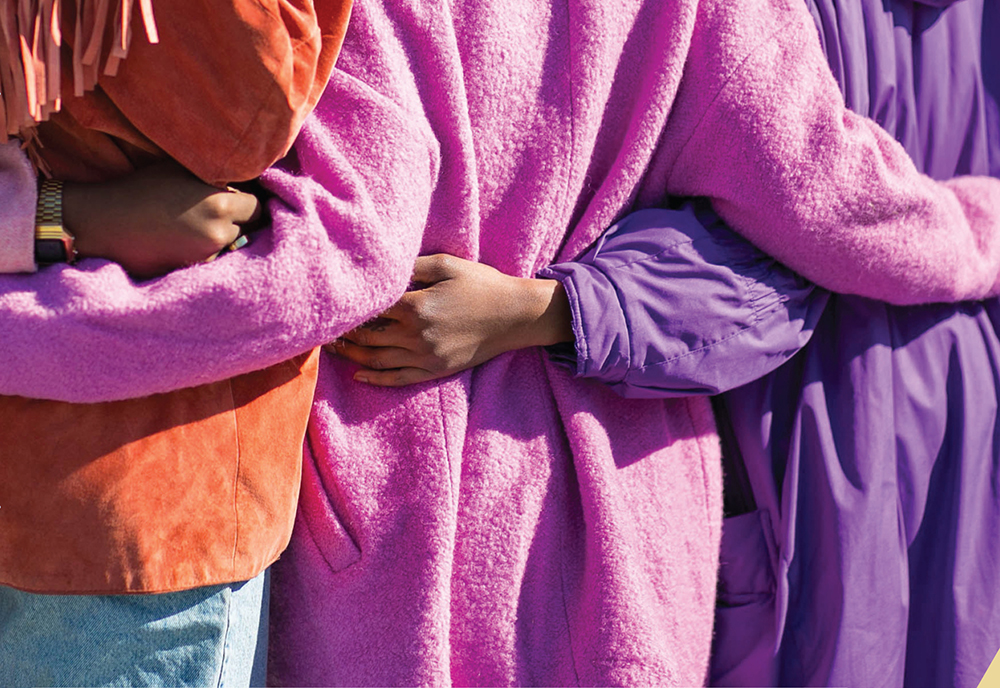
 To read the report,
To read the report, 